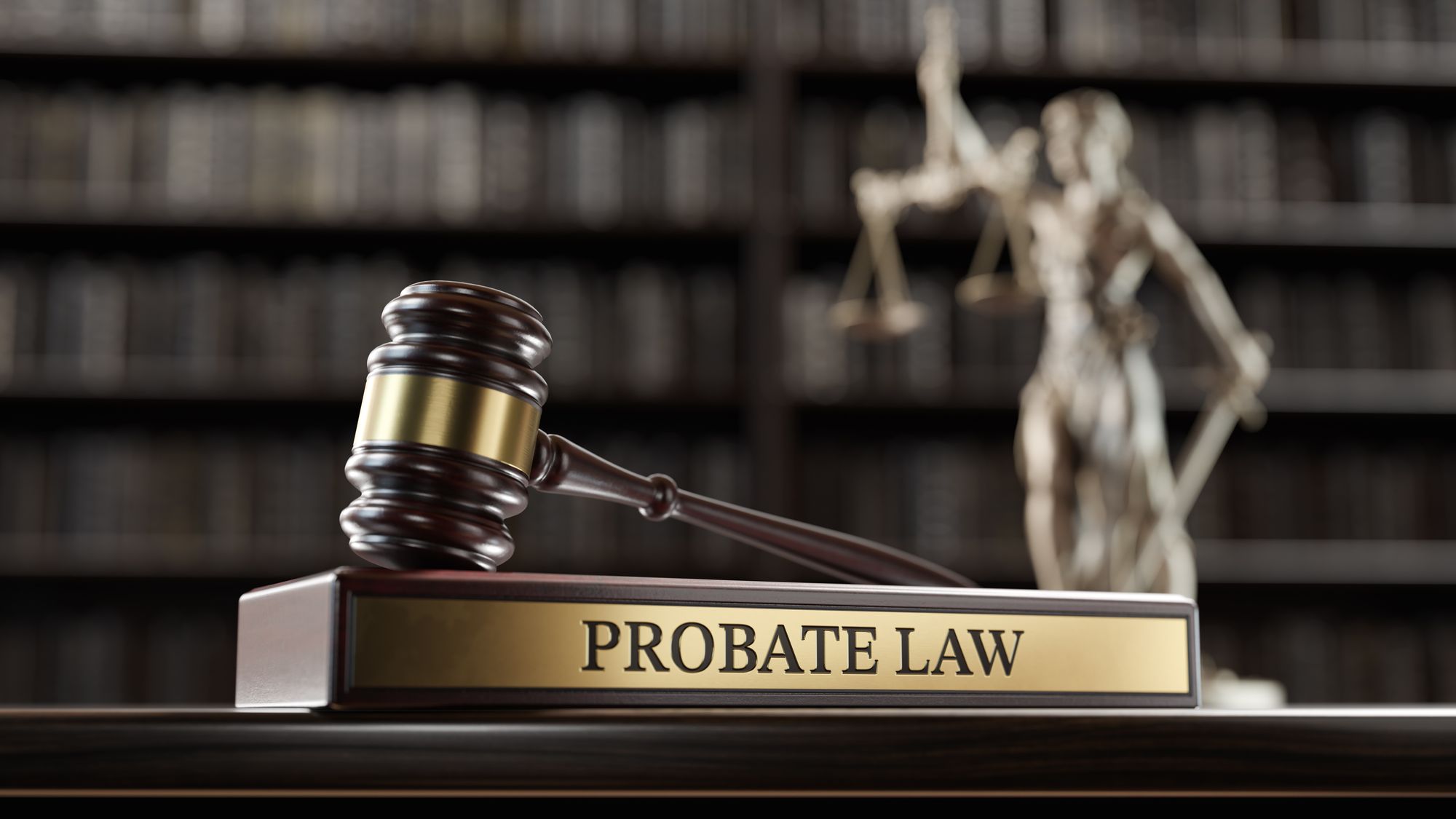What Happens When No One Steps Up? The Hidden Role of the Court in Probate Proceedings
Learn what happens when no executor steps up and how probate court steps in to manage and settle an estate when complications arise.

When a person dies, the probate process involves managing their assets, paying debts, and distributing property to heirs or beneficiaries. Usually, a named executor or administrator oversees this, but complications can arise that require the court’s involvement. Understanding the court’s role in these situations helps clarify an important, often overlooked part of probate.
How Does Probate Work?
Probate is a legal set of steps that enables the assets of a person who dies to be transferred to their heirs or named beneficiaries. In many situations, a person has a will that outlines this information, making it clear how those assets must be managed. The probate process involves several core steps:
- Validate the will. This process enables the court to determine if a will exists and, if so, whether the will is valid. If valid, the will serves as a set of directions for what happens next.
- Asset management. Probate requires the executor named in the will to identify all assets, gather them, and value them according to current market value. This includes real estate, bank accounts, investments, and personal property.
- Determine liabilities. The probate process also creates an opportunity for creditors to come to the estate to seek financial compensation for what the deceased owed them. The executor must determine the validity of all debts, including taxes owed by the estate, and pay them.
- Distribution of assets. The executor then distributes the remaining assets according to the instructions outlined in the will or, if no will is present, according to the court's instructions.
What Is the Role of the Probate Court?
The probate court carries out the legal process of settling the estate. It ensures that the state’s laws are followed in the collection of assets, the payment of debts and taxes, and the distribution of property. In straightforward cases where a valid will names an executor, the court typically confirms that appointment and oversees the executor’s management of the estate. However, when complications arise, such as when there is no will, no named executor, or a dispute arises, the court takes a more active role.
What Does the Probate Court Do If There Is No Executor?
When there is no will or no named executor in the will, a willing party, whether a family member or friend of the individual, can petition the court to be appointed as the administrator of the estate (a role that shares the same duties as the executor). In situations where no one comes forward, the court may appoint someone to do so. However, that person must formally accept the appointment, and they always have the option to reject it. The court may then appoint another person. This is not uncommon, and it may go on for some time, especially in situations where someone dies with significant debt and little family to help them.
If no one is named executor, debts accumulate and remain unpaid, and the assets that belong to the beneficiaries become inaccessible. This could go on indefinitely if no one probates the will through the courts. Throughout this time, debts can build and losses to the estate can grow. It may not be legal for the family to sell the property or otherwise use the deceased person’s assets. This can create uncertainty for all involved.
What Happens If There Are Disputes During the Probate Process?
Disputes during probate are fairly common. For example, if someone petitions the court to be appointed as an executor, another family member may dispute that request. They may present evidence as to why they believe that party should not hold the position, such as financial responsibilities or a lack of being on good terms with the individual. Disputes may also arise over how assets are divided, especially if there is no will that outlines what is fair, and multiple parties may hold some level of right to those assets.
In situations where a dispute occurs, the person with the dispute has the right to seek action in probate court against the executor (which is another reason why some people may not want to take on this role). Ultimately, the probate court makes the decision about what to do. They may listen to the dispute and rule based on the facts they have, or the court may require a further investigation into what occurred or what the facts are. Most often, the court takes the time necessary to protect the estate and abide by state laws.
Why Proper Estate Planning Matters
As you can see, the probate process can be long and complex, filled with a variety of potential hangups and limitations that can lead to financial, legal, and emotional pressure for those involved. While the court provides some level of assistance in the probate process, it is no substitute for proper estate planning.
Working with an estate planning attorney helps minimize these risks by ensuring your wishes are well documented and your estate is clearly organized long before you pass away. This proactive planning can streamline or even avoid probate, reduce disputes, and protect your loved ones from unnecessary delays and costs.


